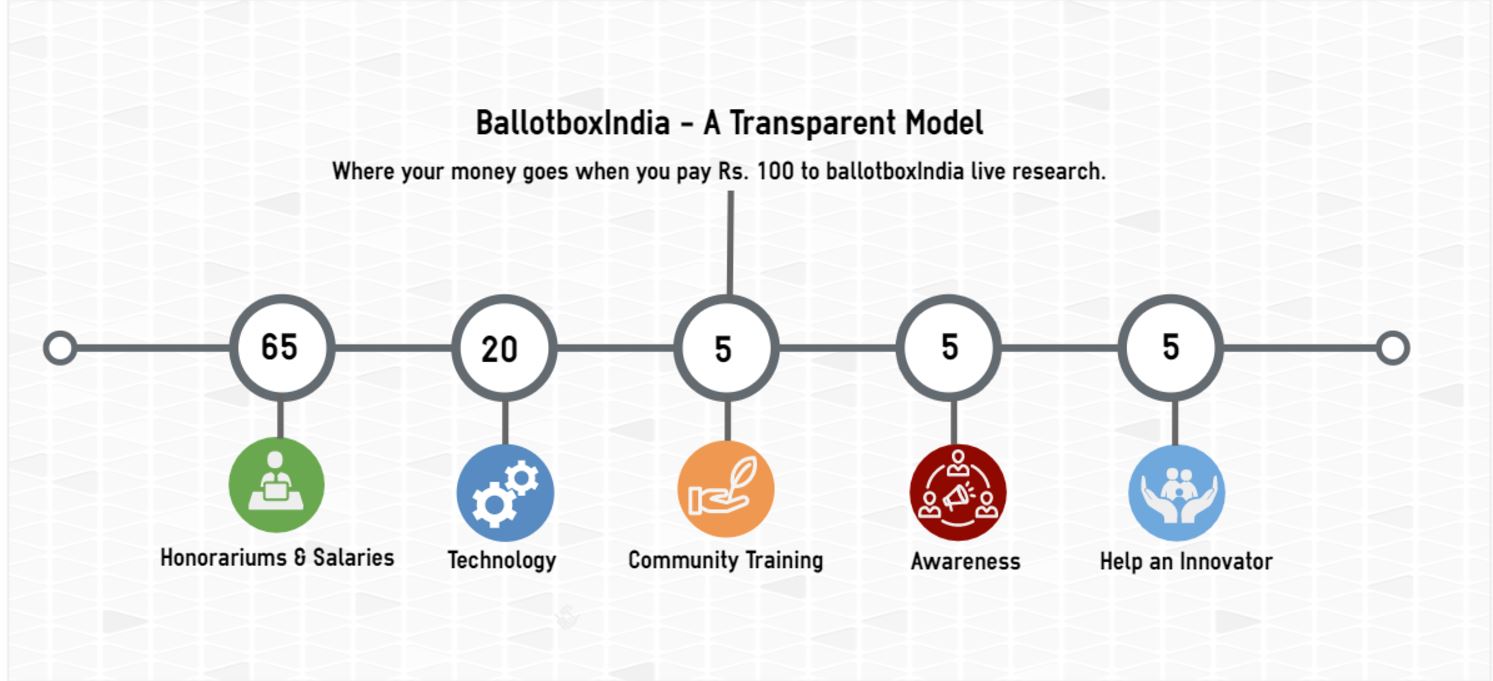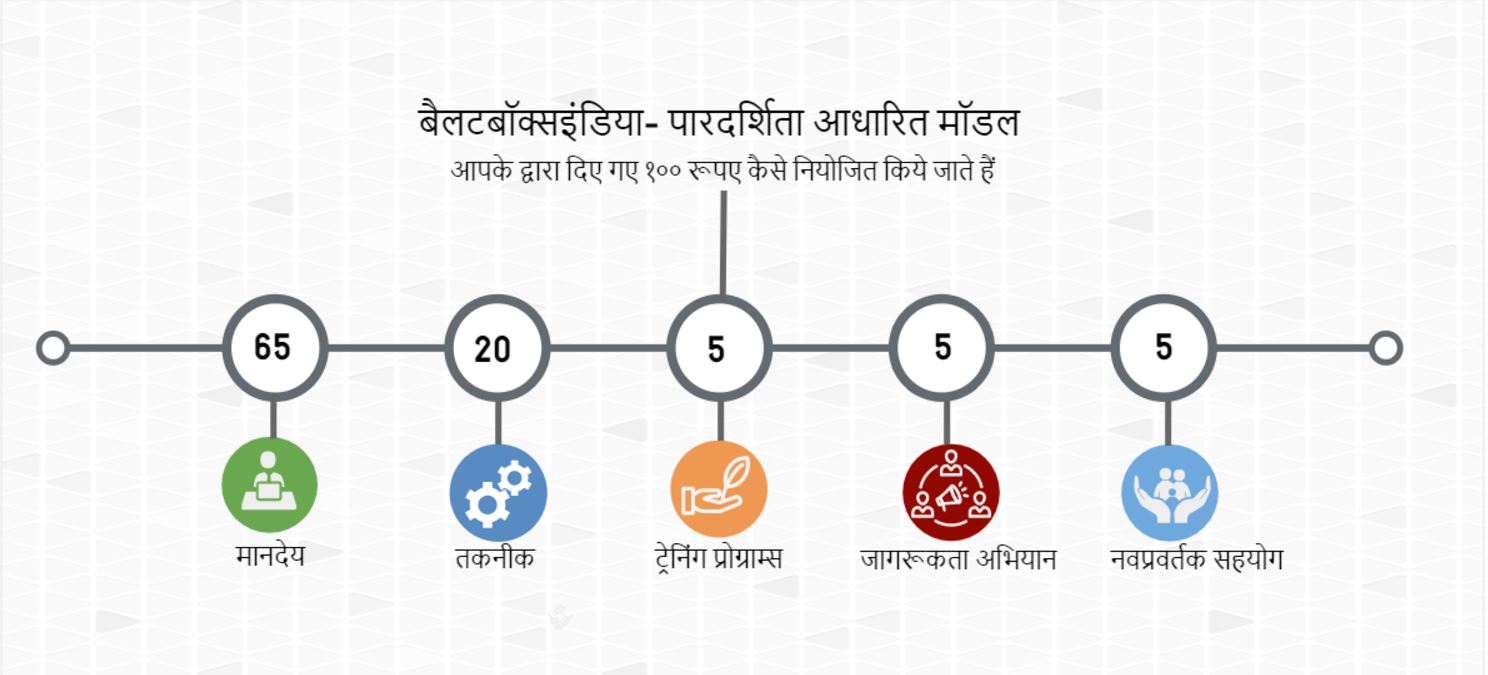Sustainable agriculture
Why aren’t people doing farming and laying stress on agriculture in our civilizations? Agriculture needs a vast amount of knowledge and practical application to be sustainable for a long period of time. We look at our farmers and they are at the bottom of the pyramid of our social structure, but that shouldn’t be the case. We should enthuse new founded enthusiasm and resources our money and hard work into these issues of the earth because farming has a direct impact on the well-being of a society, a country, and hence, the world.
If more and more students would enroll into universities to study and practice agriculture, all our problems of the rural areas would cease. The industry would invest more and more into these areas, schools would develop, the health of the general populace would improve, and eventually, poverty would be phased out once and for all.
Since time immemorial, agriculture has been the mainstay of our culture, here in India. Indians have actually witnessed an evolution in the ways by which agriculture is undertaken, all through the history of our great country. Our farmers used practices like mixed cropping, crop rotation, using organic manure and pest management to keep our agriculture sustainable.
But ever since the onslaught of chemical agriculture, the very act of farming has undergone a serious change, with very damaging effects on the environment and the soil. Professionals across the world believe that only a sustainable reduction in the chemical exploitation of earth’s natural resources and the soil itself will result in the saving grace of agriculture for the future generations of India.
The only way out is for farmers to use ecological farming techniques so that nature is not further ruined in India to feed the hungry and poor mouths of its gentry, and for the corrupt capitalists to further enhance their already monumental earnings.
This form of agriculture conserves our soil and water resources, protects our climate, enhances agro-diversity, ensures biodiversity, meets the demand for food and safeguards livelihoods. In short, it ensures that the environment thrives, the farm is productive, the farmer makes a net profit and society has enough nutritious food.
Modern agriculture has to reduce chemical pesticides, inorganic fertilizers and growth regulators. This is the only way to get rid of resource depletion, environmental pollution and a loss of crop diversity.
Organic agriculture strictly bans the usage of chemical fertilizers and pesticides. Organic agriculture maintains the thin balance between the soil, forests, wildlife, crops, fish, livestock, and it makes sure that there is enough to eat for the present and future generations as well.
Organic agriculture uses soil nutrients, water cycles and naturally occurring energy flows for food production.
A proper sustainable agricultural model includes soil salinity management, energy management, nutrients and soil fertility management, integrated pests management, pasturelands management, erosion management, fishery and aquaculture management, wetlands management, water and irrigation management, livestock management, post harvest losses management.
Sustainable agriculture depends upon social sustainability, environmental sustainability, and financial sustainability.

 tag on profile.
tag on profile.




